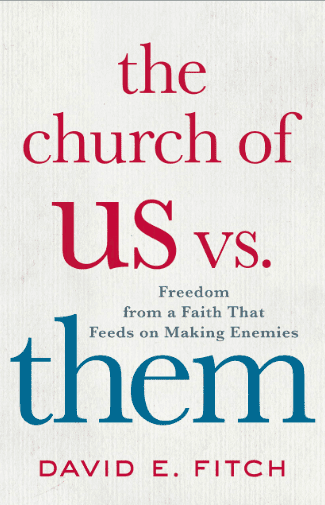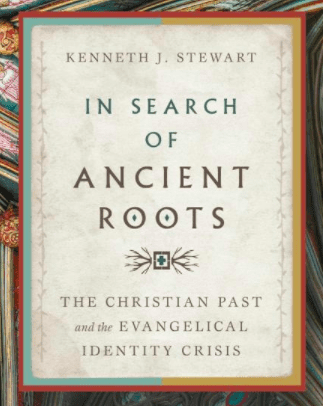A very good article by Roger Olson proposes another dimension of defining who is and who is not an evangelical, and it has to do with finding prototypes. I’m game for a discussion of this.
The entire blog post by Roger is worth your reading, but here is a clip:
Thus, I argue that evangelicalism, like Pietism, charismatic movement, “New Age,” etc., etc. refers to a category that can only be defined in terms of prototypes that constitute a center. I would put Noll’s and Bebbington’s four hallmarks at that center and with them Jonathan Edwards and John Wesley. What did those men have in common that was not as noticeable among most of their peers in Protestant Christianity? I would say those would be biblicism, conversionism, crucicentrism and activism. And I would add to that a tendency strongly to defend the Great Tradition of Christian orthodoxy (broadly defined). Yes, to be sure, there were others who displayed the same characteristics, but they especially stand out as the prototypes of the Great Awakenings of the eighteenth century that gave birth to the modern evangelical movement.
Narrowing “evangelicalism” down to the post-WW2 “evangelical movement” (which is mostly what I write about and insist on being included in), I would again look to prototypes such as the five hallmarks above and prototypes such as Billy Graham, the National Association of Evangelicals, Harold John Ockenga, Christianity Today, Carl Henry, Fuller Seminary, Wheaton College, Billy Melvin, Eternity, World Vision, etc., etc. This way of “defining” evangelicalism and “evangelical” allows fluid boundaries (if they can be called boundaries at all!). How close to the prototypes are certain entities (people, organizations)? is the question. The Lutheran theologian was not far from right, if far at all, when he suggested that an “evangelical” (in the sense we all meant) is someone who loves Billy Graham. Of course, he did not mean, and nobody in the room assumed he meant, anyone who simply likes Billy Graham as a person is an evangelical. He meant, of course, we all knew—anyone who ardently desires to emulate Billy Graham and/or looks up to him as a prototype of modern, authentic Christianity in terms of his basic beliefs and approach to Christian life (conversion, devotion, evangelism, holiness of life, activism in seeking to change the world “for Christ,” etc., etc.).
Now, I fully realize, this approach to defining (!) “evangelical” and “evangelicalism” will never satisfy those who are out to manipulate those concepts for their own gain. But it is the most reasonable approach; all others have far greater problems.
I tend to think most people look at the world either in black and white, either-or terms or in terms of degrees, that is, appreciating ambiguity as embedded in the nature of things (or at least in our knowing). Black and white thinkers who are allergic to ambiguity will have great trouble with Lakoff’s and my approach. I simply think they are stuck in a relatively immature stage of mental development. I have no problem with their setting up organizations and patrolling their boundaries. That’s their business. I don’t have to belong to any of their organizations. But when they start treating “evangelicalism” as one and themselves as the boundary setters and patrollers I have great trouble with that. I will call them either disingenuous or uninformed.











